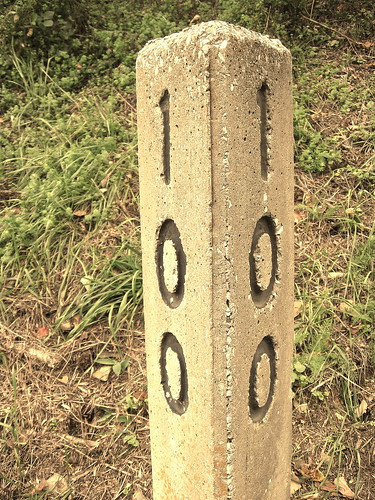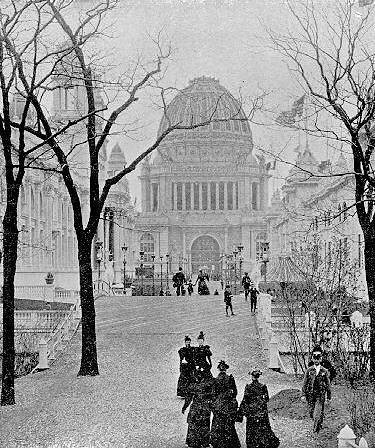
Is it orderly or totally random?
Dostoevsky wrote "Without G-d, all is permitted." Indeed a lot of modern thought seeks to cast off religion as restrictive of human freedom and religion is also blamed for much of society's ills. This Piece by Dennis Prager points out that far from restricting human potential for good, the knowledge of the divine actually curbs our destructive tendencies and historically has allowed for societies to grow and thrive. Our Constitution invokes G-d as the giver of those basic human rights it elaborates and protects.
Dennis Prager's Fourteen Arguments Here are certainly important if we seek to honestly understand our lives and our world.

If G-d is involved in creation, life is a purposeful journey and His mileposts should be visible in inspired writings.
If the Almighty Doesn't Exist, Prager points out the ultimate tragedy and despair that come from a G-dless worldview. Take note what happens in the arts.
At the turn of the Century some of our country's greatest works of art and architecture were created. The 'White City' of the 1893 Chicago World's Fair inspired a nation to high ideals. Prager points out the post-modern artistic works reject outright that sense of order, beauty and truth. I was quite moved by Ravi Zacharias' description of his experience visiting the first post-modern building in America. The building had stairways going to no particular place that ended in mid-air, walls placed out of context as were windows and doors. Roof planes were broken in arbitrary fashion. Zacharias had this one question: "Did he [the architect] take similar liberties with the foundation as well?"
In a world where many conflicting philosophies present themselves, some claiming that the door is not a door and order is unimportant, that's a fair question.

A scene from the 1893 Columbian Exposition, the Chicago World's Fair.
No comments:
Post a Comment